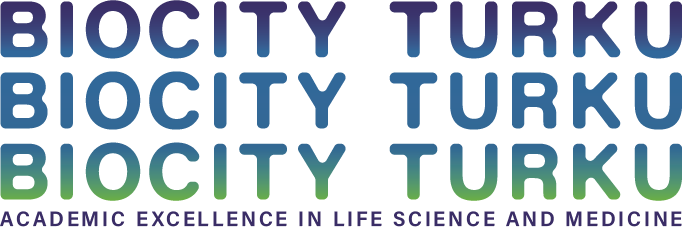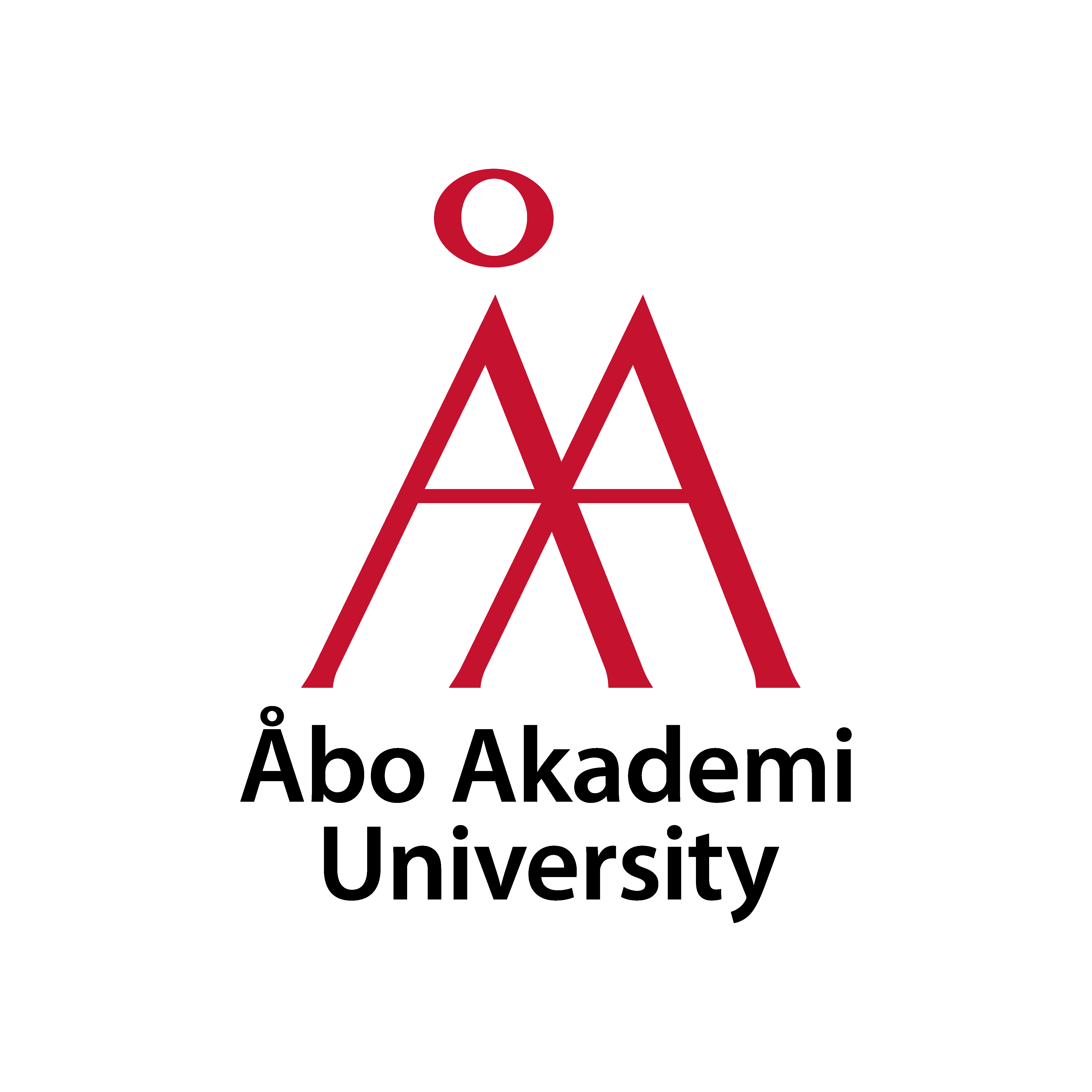FoS: Ubiquitin signalling in inflammation
Prof. Mads Gyrd-Hansen, Ludwig Institute for Cancer Research, Nuffield Department of Medicine, University of Oxford, Oxford, UK:
Host: Annika Meinander (annika.meinander(at)abo.fi) (Receptor)
**************
The Gyrd-Hansen laboratory studies molecular mechanisms governing pro-inflammatory signalling during innate immune responses. Through this, they aim to understand the molecular mechanisms that on one hand protect against pathogens, but that also contribute to chronic inflammation, tumor development and cancer progression. A central focus of the lab is to elucidate the role and regulation of non-degradative ubiquitin modifications in these processes. Ultimately, they aim to identify ubiquitin-handling factors that can be targeted to modulate inflammation and antagonize cancer. Professor Gyrd-Hansen’s recent work has focused on the role of Met1-linked ubiquitin chains (also known as linear ubiquitin chains) in inflammatory signaling. These chains are generated by the Linear UBiquitin Assembly Complex (LUBAC), which is a key component of inflammatory signaling pathways, including those activated downstream of the cytoplasmic PRRs NOD1 and NOD2 that serve as sensors for intracellular bacteria. They have uncovered and characterised several factors that regulate the function of LUBAC in signaling. Future work in the group will focus on elucidating the function, regulation and interplay of individual ubiquitin chain types (of which there are at least eight) in the cellular response to infection.
Website: http://www.ludwig.ox.ac.uk/mads-gyrd-hansen
Selected publications:
Gyrd-Hansen M. All roads lead to ubiquitin. Cell Death Differ. 2017 Jul;24(7):1135-1136. doi: 10.1038/cdd.2017.93.
Elliott PR, Leske D, Hrdinka M, Bagola K, Fiil BK, McLaughlin SH, Wagstaff J, Volkmar N, Christianson JC, Kessler BM, Freund SM, Komander D, Gyrd-Hansen M. SPATA2 Links CYLD to LUBAC, Activates CYLD, and Controls LUBAC Signaling. Mol Cell. 2016 Sep 15;63(6):990-1005. doi: 10.1016/j.molcel.2016.08.001.
Hrdinka M, Fiil BK, Zucca M, Leske D, Bagola K, Yabal M, Elliott PR, Damgaard RB, Komander D, Jost PJ, Gyrd-Hansen M. CYLD Limits Lys63- and Met1-Linked Ubiquitin at Receptor Complexes to Regulate Innate Immune Signaling. Cell Rep. 2016 Mar 29;14(12):2846-58. doi: 10.1016/j.celrep.2016.02.062.
Fiil BK, Gyrd-Hansen M. Met1-linked ubiquitination in immune signalling. FEBS J. 2014 Oct;281(19):4337-50. doi: 10.1111/febs.12944.
Damgaard RB, Fiil BK, Speckmann C, Yabal M, zur Stadt U, Bekker-Jensen S, Jost PJ, Ehl S, Mailand N, Gyrd-Hansen M. Disease-causing mutations in the XIAP BIR2 domain impair NOD2-dependent immune signalling. EMBO Mol Med. 2013 Aug;5(8):1278-95. doi: 10.1002/emmm.201303090.
Fiil BK, Damgaard RB, Wagner SA, Keusekotten K, Fritsch M, Bekker-Jensen S, Mailand N, Choudhary C, Komander D, Gyrd-Hansen M. OTULIN restricts Met1-linked ubiquitination to control innate immune signaling. Mol Cell. 2013 Jun
27;50(6):818-830. doi: 10.1016/j.molcel.2013.06.004.
Damgaard RB, Nachbur U, Yabal M, Wong WW, Fiil BK, Kastirr M, Rieser E, Rickard JA, Bankovacki A, Peschel C, Ruland J, Bekker-Jensen S, Mailand N, Kaufmann T, Strasser A, Walczak H, Silke J, Jost PJ, Gyrd-Hansen M. The ubiquitin ligase XIAP recruits LUBAC for NOD2 signaling in inflammation and innate immunity. Mol Cell. 2012 Jun 29;46(6):746-58. doi: 10.1016/j.molcel.2012.04.014.


